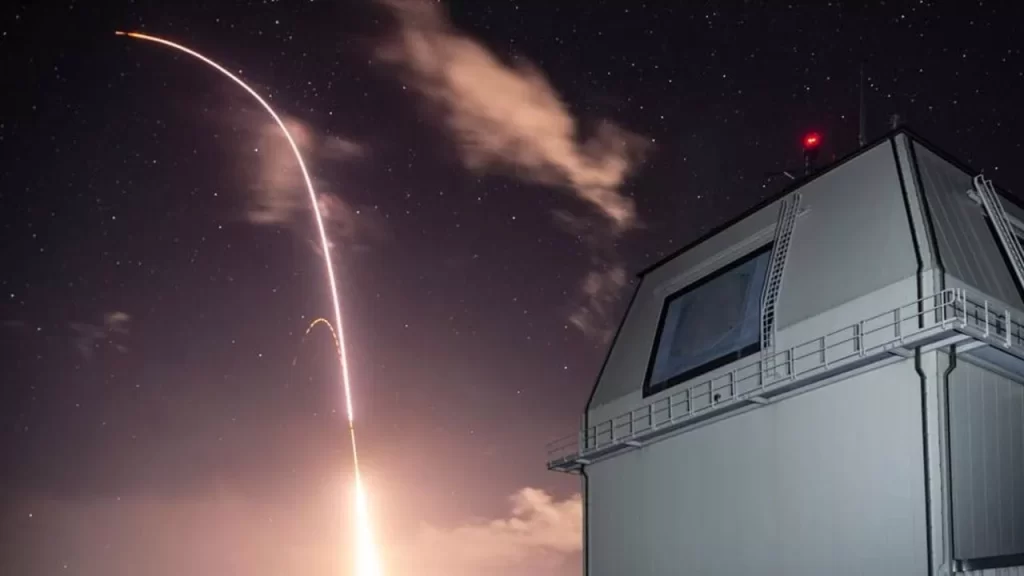On October 15, the U.S. company Raytheon reported receiving authorization from the U.S. Missile Defense Agency to begin full-rate production of the SM-3 Block IIA anti-ballistic missile, which has been tested by both the U.S. Armed Forces and Japan’s Maritime Self-Defense Force (JMSDF) ships. This authorization paves the way for Raytheon to advance the $1.9 billion contract awarded by the agency in July.

Emphasizing the significance of this milestone for the program, Barbara Borgonovi, President of Naval Power at Raytheon, stated, “The SM-3 Block IIA is a testament to the ongoing collaboration with Japanese industry to develop ballistic missile defense capabilities to protect our nation and allies worldwide (…) This milestone signifies that the team has achieved full maturity in missile design, leading to greater efficiency across the program.”
The SM-3 Block IIA system is the product of close cooperation between the U.S. Missile Defense Agency, Japan’s Ministry of Defense, Raytheon, and other companies in the Japanese defense industry. The missile features larger boosters than its predecessors, as well as a new kinetic warhead, enhancing its speed and range once deployed and significantly improving its interception capabilities.

The new missiles, set to be produced in Arizona and Alabama, are scheduled for delivery under this contract by 2031. First tested against a live target in 2017, following two successful simulated tests, the SM-3 Block IIA was tested again against live targets in 2019 during a NATO-led exercise with U.S. troops.
These developments and tests with allied nations have expanded the missile’s deployment beyond the U.S., notably to Japan and Poland. In Japan, the JMSDF aims to integrate these missiles into ASEV destroyers currently being built by Mitsubishi Heavy Industries and Japan Marine United Corporation. In Europe, the SM-3 Block IIA has been reported as the chosen component for Poland’s missile defense system under “Phase 3” of regional defense deployment.
Images used for illustrative purposes.
You may also like: For $7.3 billion, the U.S. authorizes the sale of a Block 70 upgrade package for the F-16s of the Polish Air ForcePolish Air Force









